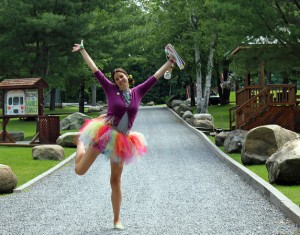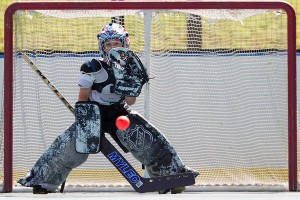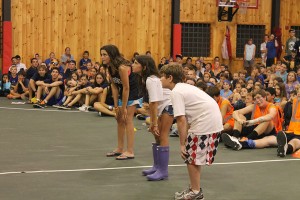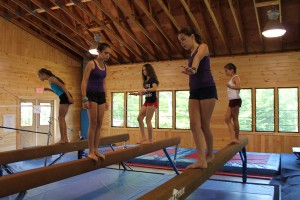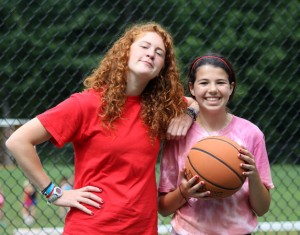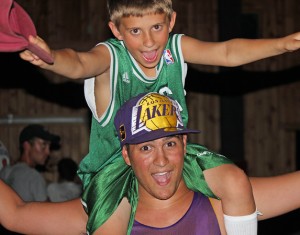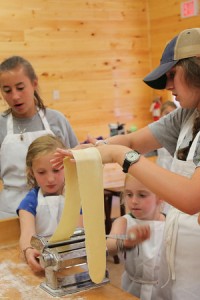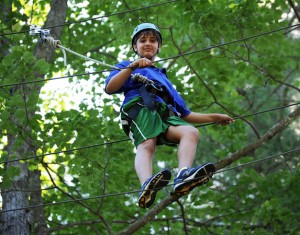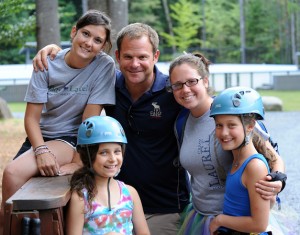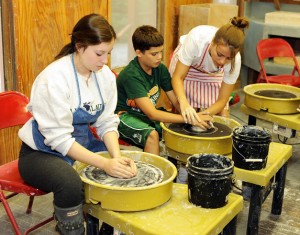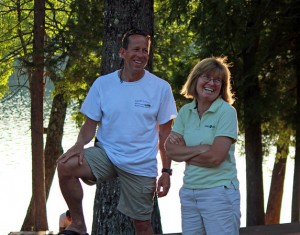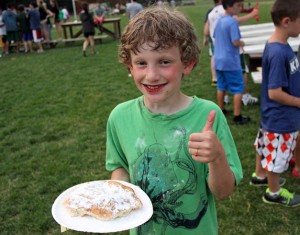 I’m the camp’s Program Director. I have a very unique job at camp as the person responsible for overseeing the daily scheduling of the camp’s daily activities. Even though it’s not one of the traditional camp jobs that comes to mind when people imagine working at a summer camp, it’s a crucial one. I like that it’s a perfect combination of behind the scenes with hands on.
I’m the camp’s Program Director. I have a very unique job at camp as the person responsible for overseeing the daily scheduling of the camp’s daily activities. Even though it’s not one of the traditional camp jobs that comes to mind when people imagine working at a summer camp, it’s a crucial one. I like that it’s a perfect combination of behind the scenes with hands on.
One of the things I love most about my job is that I get the opportunity to get to know most of the campers and staff through daily interaction. I’m the person they come to with requests for their programs. I enjoy speaking with them about the things that are working in their activity areas and hear feedback about things that I might improve.
On those rare occurrences when the sun refuses to cooperate with the camp schedule, I get to demonstrate my creative talents by figuring how we can keep the fun going in all of our indoor facilities. I also enjoy getting out on campus every now to see for myself how the schedule plays out in real time. It’s a great time for me to take notes for the next schedule.
In the evenings, before I begin working on the next day’s schedule, I often participate in special events. Sometimes I judge activities. Sometimes I lead them. Other times, I host them or just keep score. The real reward of my job is when I overhear campers telling their counselors that they just had the best day ever as they’re heading off to bed in the evenings. It’s a great way to begin another day because just as everyone winds down their day at camp, I head back to my office to begin working on the next day’s schedule, ready to create another “funnest day ever!” for our campers. If you think working in camp programming sounds like a fun job, apply at one of America’s Finest Summer Camps today!




